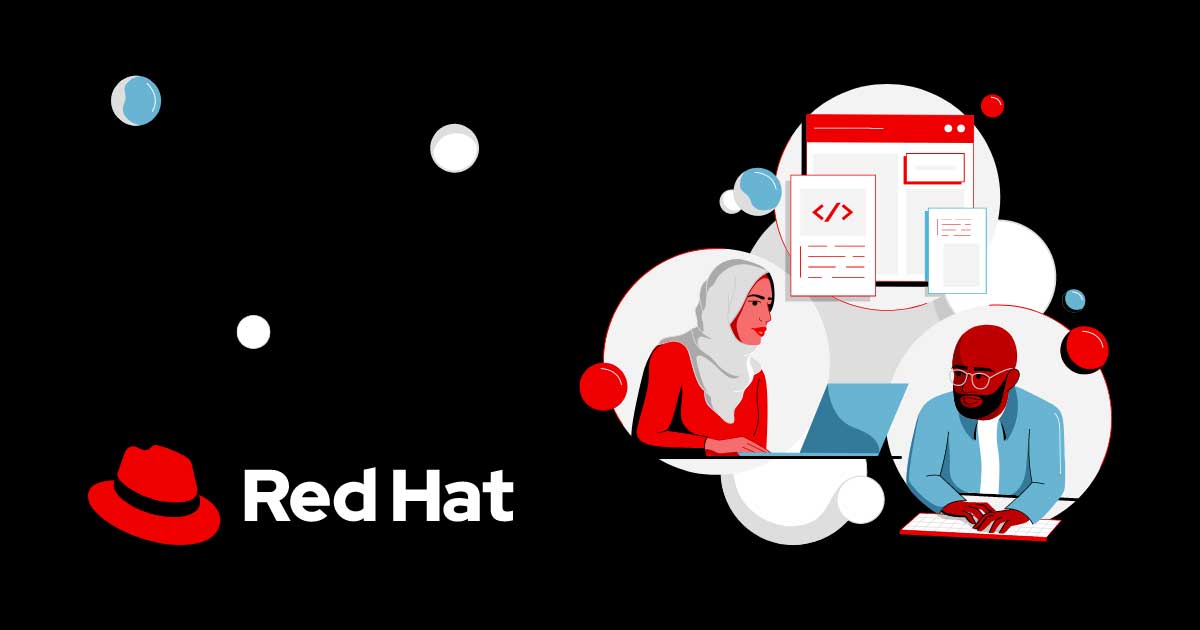SFaulken
openSUSE Developer/Maintainer/Member/Whatever.
I do things with openSUSE. Not that I’m particularly good at any of them =P
- 4 Posts
- 47 Comments

 10·1 year ago
10·1 year agoI don’t care about beeper one way or another, but that bloody image with the post, it needs to die in a fire.

 5·1 year ago
5·1 year agoI will never claim they are authentic, or even great, but I will destroy the 2 for a buck tacos.

 3·1 year ago
3·1 year agoThat’s XMMP different thing =P

 6·1 year ago
6·1 year agoIt’s still around. I’m using it right now, in fact. Makes for a pretty damn good phone service as well, in conjunction with JMP
Yeah, Neil Gaiman. It’s supposedly a sequel, I guess, to AG, but there’s not really much of a connection I’m aware of.
And yeah, Sandman was great.

 1·1 year ago
1·1 year agoUh. The relationship between CentOS Stream and RHEL is a bit murkier to me. I’d be lying to you if I said I fully understood how that code flow works.
For openSUSE the flow is “openSUSE Tumbleweed” -> “SUSE Linux Enterprise” -> “openSUSE Leap”
Everytime SUSE creates a new version/service pack of SLE (SLE 15 SP4, to use an example) the sources for that version are provided to openSUSE, and a new version of Leap is released (openSUSE Leap 15.4)
I don’t actually work on Leap much, nor am I a SUSE Employee, so there are probably some minutae in that process that I’m missing, but that’s the basic workflow.
Just got done re-reading Anansi Boys, and started a re-read of American Gods last night. (Yes, I know, I’m reading them out of order, shush.)

 1·1 year ago
1·1 year agoThat’s how you read the GPL, you might be right.
When I read the GPL, and I have read it a number of times over the years, while I might find what RedHat has chosen to do to be distasteful, I don’t find it in violation of the GPL. It’s entirely possible that I’m wrong.
But I’m not a legal expert by any stretch of the imagination, are you?

 1·1 year ago
1·1 year agodeleted by creator

 1·1 year ago
1·1 year agoThat’s a very emotional take indeed, you obviously feel strongly.
What, exactly, is RedHat stealing here? Are they deleting code from upstream git repos?
I mean, if you have a moral issue with the way RedHat chooses to structure their customer agreements, you’re more than welcome to not use their products. I generally feel like this is a mistake on RedHats part myself, but it doesn’t affect my life in any meaningful way.
RedHat is going to continue to contribute back upstream, they’re going to continue to support Fedora, and provide CentOS Stream for to community to use.
Rocky, Alma, Oracle and other projects that were rebuilding RHEL sources will have to sort out how they want to proceed.
There are a hell of a lot more evil things happening in the world to get pissed off about.
I mean, if you know the software you need to have, to make it work on RHEL, It might take a bit of work on your part, but I can’t imagine getting it installed on CentOS Stream will be that onerous a task.

 7·1 year ago
7·1 year agoThey aren’t. None of this affects their submissions back upstream to things like the Linux kernel, GNOME, Systemd, or any other software they include within RHEL/CentOS Stream

 1·1 year ago
1·1 year agoI feel perfectly fine. I have no idea what you’re on about.
I’m not entirely certain about the actual HPC stuff, but there’s no good reason CentOS Stream wouldn’t do what you need.

 3·1 year ago
3·1 year agoAbsolutely nothing. Fedora is upstream of RHEL.

 8·1 year ago
8·1 year agoThey do. It’s called openSUSE Leap

 1·1 year ago
1·1 year agoThat’s entirely possible. I never actually used, contributed, or developed for CentOS, so I might have some small details wrong.

 9·1 year ago
9·1 year agoNo, this doesn’t affect Fedora in any meaningful way. Fedora is upstream of RHEL.

 15·1 year ago
15·1 year agoRedHat creates a product called RHEL (Red Hat Enterprise Linux) that is a paid support product, mostly targeted at businesses (and things like Academia/Laboratories/etc).
At one point, there was a Wholly seperate product, created outside the RedHat umbrella, called CentOS, that quite literally took the sources of RHEL, removed the RHEL branding, and rebuilt it, allowing folks to “mostly” be able to use RHEL, without paying RedHat for a support contract.
In 2014, the CentOS Project/Product was “purchased” by RedHat, and then in 2020, RedHat decided that CentOS would no longer just be a “rebuilt” RHEL, but instead would become the development space for RHEL, called CentOS Stream. This made many people very unhappy, and they decided to start the Rocky Linux and AlmaLinux projects to provide roughly the same product that prior versions of CentOS had provided.
Additionally (I don’t actually know exactly when), at some point, Oracle started doing basically the same thing that CentOS had been doing, and rebuilding the RHEL sources, and selling it, as “Oracle Linux”
So net effect of what this means, is that RHEL sources will no longer be publicly available at git.centos.org, and will only be available to RedHat customers (i.e. you must have signed up for an account/license with RedHat for RHEL). This may make things more difficult for Rocky, Alma, and Oracle, to provide the same “Bug for Bug” compatible product to RHEL.
Most of what people are upset about, is because they’re willfully misreading the GPL (GNU Public License) which covers an awful lot of the RHEL sources.
The GPL requires that if you distribute software, licensed under the GPL, that you also must provide the folks that you distribute that software to, with the sources you used. It doesn’t specify how you have to provide them, you could make them available for download, you could mail folks a DVD with all the sources on it, (honestly, I think you might be able to just print them all out and send them on dead trees, and still be compliant).
What most of the folks are upset about, is there is a clause within the GPL, that says something about providing the sources “without restriction on redistribution” or some such. And they view that RedHat can choose to terminate your license to RHEL, if you redistribute RHEL sources/software as violating the GPL. But the GPL cannot dictate business relationships. Redhat cannot stop one of their customers from distributing sources that they are licensed to have. But they are well within their legal rights to terminate that license, and provide no further access, if you distribute them. (i.e. you have an RHEL license, and version 1.0 of a library is covered under that license, you redistribute that source, and RedHat must allow that, but they’re under no obligation to continue that business relationship, and provide you continuing access to version 1.1)
That’s a rough rundown on the history. What does this mean for the average linux user? Nothing, really. Unless you happen to use Rocky Linux, AlmaLinux, or Oracle Linux. It doesn’t affect Debian, or Ubuntu, or openSUSE, or Arch, or anybody else. RedHat will continue to contribute back upstream to projects like the linux kernel, or GNOME, or what have you, they will continue to sponsor and hire developers, they just will no longer be providing free and open access to the RHEL Sources.
It’s not a question of legality really, but more one of an ethical nature. It sort of depends on you, as to whether or not you’re bothered by RedHat doing this or not.


Correct, SUSE, the corporation is no longer providing a traditional linux distribution, after the SLE-15 EOL.
openSUSE, which is a community project, and not controlled by SUSE, is currently debating as to whether we have the contributors interested in doing so, and in sufficient numbers, to continue to provide a traditional point release distribution.
Tumbleweed (the rolling release) is not going anywhere. The community has not yet decided if the interest and manpower is there to use the ALP sources provided by SUSE to create A) A traditional linux distribution, akin to what Leap currently is, B) a “Slowroll” version of Tumbleweed, that has a slower release cycle, or C) Nothing at all, because there isn’t the community there to support the development of it.
SUSE != openSUSE